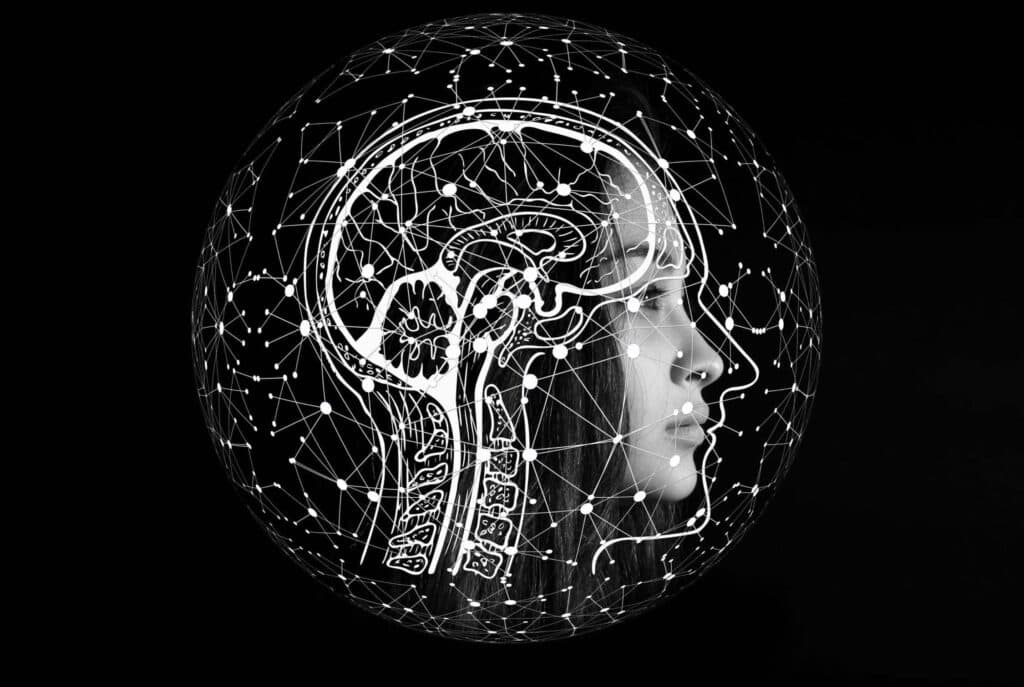Mood disorders can come in many forms, and each person’s journey with them is unique. If you’re dealing with one, it’s important to explore different ways to treat depression and other mood disorders.
Medications
For some people, medication plays an essential role in relieving symptoms. Below are a few types that doctors may prescribe.
Antidepressants
These medications are commonly used for depression. They help improve mood by balancing certain chemicals in the brain, like serotonin or norepinephrine. There is often a gradual lift in mood, energy, or overall outlook after several weeks or months of consistent use. Examples include selective serotonin reuptake inhibitors like Prozac and Zoloft.
Mood Stabilizers
Mood stabilizers are particularly helpful for managing bipolar disorder, which involves dramatic shifts between emotional highs and lows. They aim to level out these drastic changes, helping people avoid extreme mania or deep depression.
Antipsychotic Medications
Antipsychotics (typical and atypical antipsychotics) can be used in severe cases of bipolar disorder or depression. They help balance certain chemicals in the brain, such as dopamine, to lessen symptoms like hallucinations or delusions. Examples include Abilify, Haldol, and Thorazine.
Anti-Anxiety Medications
These medicines target the intense worry or fear that sometimes accompanies mood disorders, such as generalized anxiety disorder or panic disorder. They can be taken for shorter stretches of time to ease acute symptoms or may be used as part of a longer treatment plan. Some anti-anxiety drugs, especially benzodiazepines, carry a risk of dependence, so doctors should monitor you closely if you use them.
Talk Therapy
Talk therapy provides a space for patients to explore some of the side effects and underlying causes or contributors of mood disorders. Below are a few common types of psychotherapy and how they can help:
Cognitive Behavioral Therapy (CBT)
CBT teaches you to recognize and challenge unhelpful thoughts that might worsen sadness, anxiety, or other negative feelings. You’ll focus on how daily habits and beliefs affect your mental health. By shifting these habits, you can respond to stress in healthier ways.
Interpersonal Therapy (IPT)
IPT focuses on improving communication skills and handling specific relationship conflicts or disruptions. You’ll learn to share your emotions more clearly and work toward reducing tension in current or past relationships.
Psychodynamic Therapy
Psychodynamic therapy looks into patterns that might be hidden under the surface, often shaped by early life experiences. You’ll discuss memories and feelings to see how they might affect you now. This awareness can reduce the intensity of the emotions you’re facing.
Dialectical Behavior Therapy (DBT)
DBT is a form of CBT that was originally developed for people struggling with borderline personality disorder, but it also helps those with severe mood swings or other emotional challenges. It focuses on teaching skills that help patients handle significant distress without turning to harmful behaviors.
Lifestyle Changes
Lifestyle changes can often make a legitimate difference in managing mood disorders. Below are some approaches that many people find helpful:
Exercise
Regular exercise can help boost your mood by releasing endorphins – also called “feel-good” hormones – throughout your body. It might be as simple as going for walks in the morning or trying a new workout class. Physical activity also lowers stress, which can lessen symptoms of anxiety and depression. Try to find activities you enjoy so you’re more likely to keep them up over time.
Healthy Diet
Choosing a balanced diet can improve your energy levels and provide nutrients that support overall brain health. A varied mix of fruits, vegetables, and lean proteins can help stabilize your mood. Certain deficiencies, like low vitamin B12 or iron, can make you feel more tired or down, so it’s worth checking with a healthcare provider if you suspect issues.
Sleep Hygiene
Making sure you have a consistent bedtime can help your body regulate and keep your mood more stable. There are many simple ways to help improve our sleep, like reducing screen time before bed and keeping the bedroom dark. If you’re dealing with insomnia, talk to a therapist or doctor for more suggestions.
Stress Management
Activities like yoga, mindfulness, or practicing deep breathing can reduce stress. Experiment with different techniques to see what feels most natural for you and what works best. Over time, these methods can help you handle life’s challenges better.
If you need mood disorders treated, you’ll likely want to use a combination of all these approaches. A mental health professional can help you determine the best course of action once you determine you need help for mood disorders diagnosed by your doctor. For information about these and other treatments, contact Mental Health Resource.







